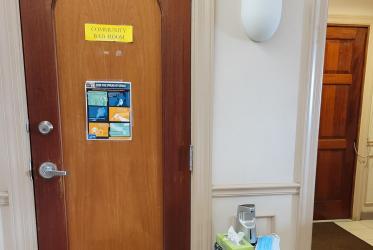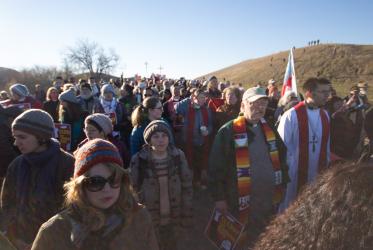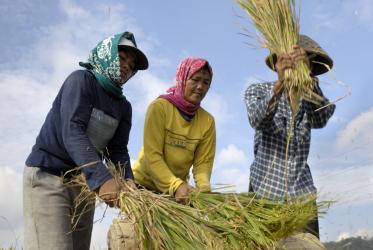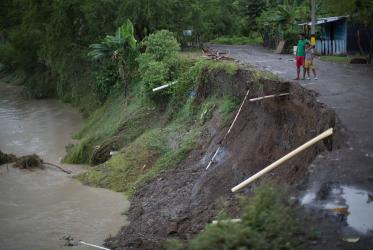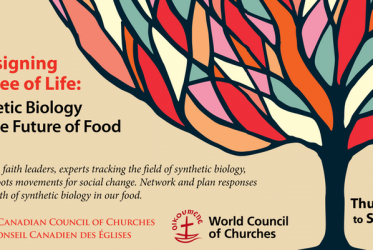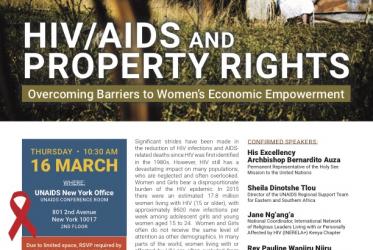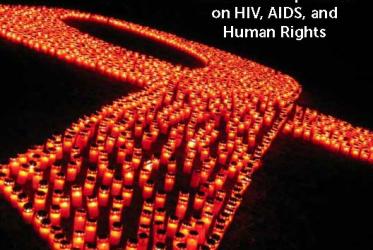Displaying 1 - 20 of 23
“Bathroom ministry” for the homeless
14 December 2021
Taxation and reparations – tools for promoting equity, climate justice and an economy of life
11 July 2019
Church Center for the United Nations, New York
5th Annual Symposium on the Role of Religion and Faith Based Organizations in International Affairs
29 January 2019
Conference Room 2, United Nations secretariat, New York
Water and faith communities towards achieving SDG 6
11 July 2018
Presbyterian Church of Covenant, 310 E 42nd St, New York, NY 10017, USA
Redesigning the Tree of Life: Synthetic Biology and the Future of Food
02 - 04 November 2017
Toronto, Canada
HIV and AIDS and Property Rights - Overcoming Barriers to Women's Economic Empowerment
16 March 2017
UNAIDS New York Office
Keeping the Faith in Development: Gender, Religion and Health
20 September 2016
Salvation Army Auditorium, New York City, United States







